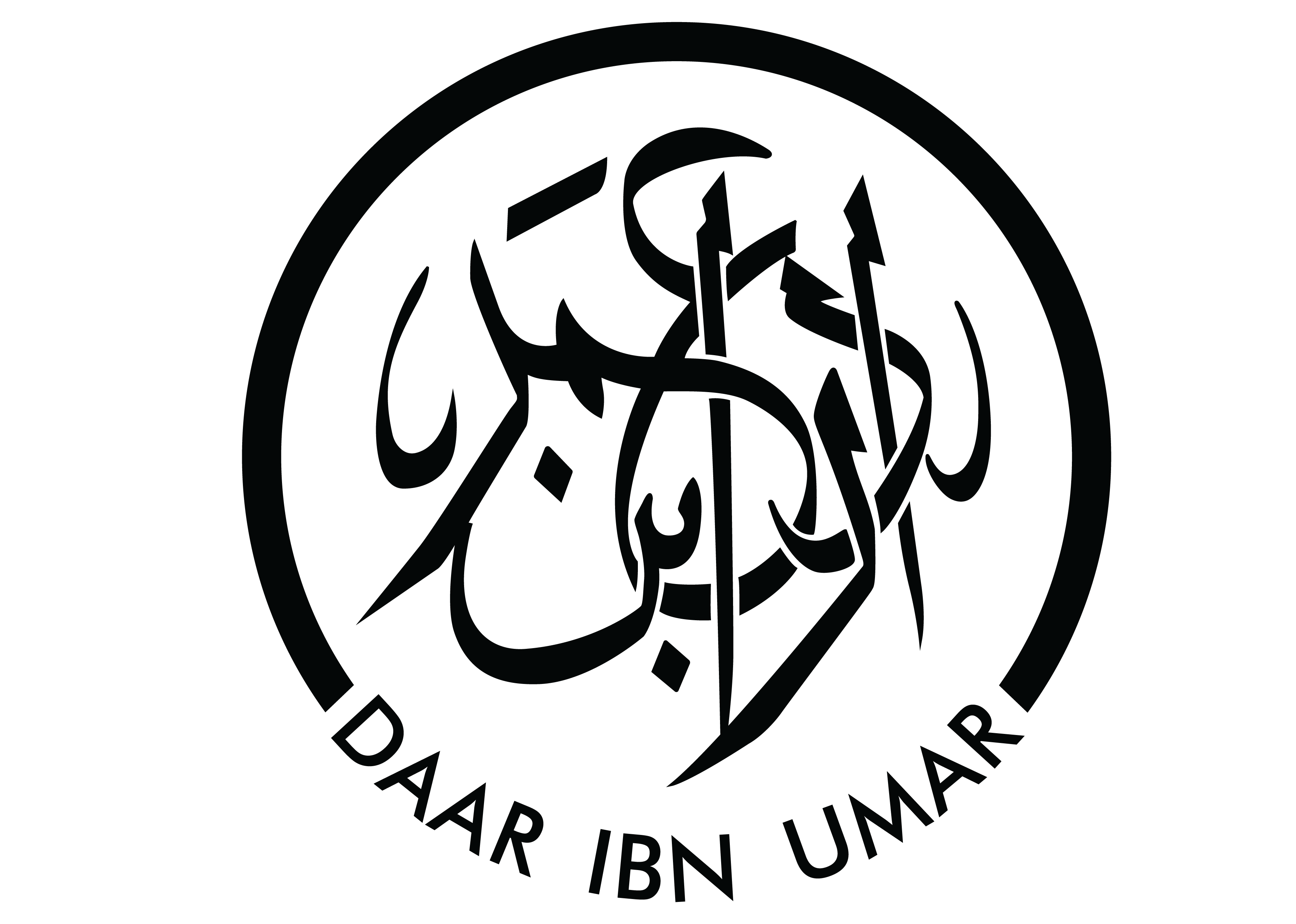
The first word revealed of the Quran is “Iqra” READ! Seek knowledge! Educate yourselves! Be educated.
“Read and your Lord is Honourable, who taught(to write) with the pen taught man what he knew not, Those of His servants only who are possesses of knowledge fear Allah; Surely Allah is mighty, oft forgiving”.
Children are invaluable assets of the future generations. Islam has given particular attention for their education and training as well as for their respect, love, and affection. Islam provides detailed instructions for preservation of children’s rights and emphasis for their guidance so that they could endeavour for perfection as human beings with an aim of worshipping Allah and serving humanity. “I have not created Man and Jinn but for my worship”. (Quran)
A major portion of the life of Nabi salalahu alayhi wasalam was spent in the establishing of Makaatib. Amongst the Makaatib established was in the house of Faatima binte Khattaab Radialahu anha.
This Maktab was eventually the means for Sayyidina Umar Radialahu Anhu accepting Islam. The best inheritance that we provide to our children in this life is Islamic Education. We always worry about the standard of education in schools, but why not about Islamic Education. Islamic education is essential to protect children from evils and to bring them up as Allah fearing citizens.
By virtue of the role of the Maktab (primary Islamic education), generations will become the torchbearers of Islamic values and play an effective role in the present world. The current challenges call for solidifying the structure of our Maktab system on such a foundation as to fulfill our spiritual as well as temporary obligations. Today we need an educational system, that can produce, what a famous scholar once referred to as, “Muslim philosopher, Muslim scientist, Muslim economist, Muslim jurist, Muslim statesman, in brief, Muslim experts in all fields of knowledge who would reconstruct the social order in accordance with the tenets of Islam.
It is proven over the centuries that this method of sending our children to the Makaatib is the most vital tool in preserving the Deen of Allah. In many countries where there is or was no Maktab system there is very little sign of Deen at all in these countries viz: South America, North America and Asia, etc.
This system will help us to become Muslims in the true sense of the word. To understand this, first let us define what a Muslim is. A Muslim is not a Muslim simply because he is born one. A Muslim is a Muslim because he is a follower of Islam, a submitter to the will of Allah. We are Muslim if we consciously and deliberately accept what has been taught by Nabi Muhammad (peace and blessings of Allah be upon him) and act accordingly. Otherwise, we are not true Muslims.
From this, we glean that the most crucial obligation on us is to ensure that our children acquire knowledge. It is said, “No man becomes truly a Muslim without knowing the meaning of Islam, because he becomes a Muslim not through birth but through knowledge”.
It is essential to understand that the greatest gift of Allah, for which we are so over whelmed with gratitude, depends primarily on knowledge. Without knowledge, one cannot truly appreciate Allah’s gift of Islam. If our knowledge is scant, then we will constantly run the risk of losing the magnificent gift, which we have received unless we remain vigilant in our fight against ignorance.
Thus, this knowledge will determine whether we, as well as our children are true Muslims and will remain true Muslims. It is therefore not a trivial issue to be neglected. Does such negligence not entail the danger of losing an even more precious gift viz; our Iman? Is not Iman more precious than life itself?
One of the purposes of acquiring knowledge is to gain the good of this world, not to destroy it through wastage, arrogance and in the reckless pursuit of higher standards of material comfort. Another purpose of knowledge is to spread freedom and dignity, truth and justice. It is not to gain power and dominance for its own sake. Shaikhul Hind (May Allah have mercy on him) had mentioned that the solution to the global problems of the Ummat is in the establishing of Makaatib throughout the globe. Furthermore, he mentioned that when little children will recite the Qur’aan this will draw the Rahmat of Allah.
The children, our children are the future. The future lies in our hands, but only through knowledge because whoever neglects learning in his youth loses the past and is dead for the future.
About the wonderful freedoms of living in South Africa: Some Muslims seem to take the influence of an Islamic atmosphere for granted, Adhan being called at each prayer time, modestly dressed people, Halaal food the norm, everyone greeting with salaams, availability of Aalims and a close knit, vibrant, Islamic community, as being an influence in their upbringing.
The importance of this environment on a young Muslim’s mind cannot be replaced by the material advantages of living in an environment devoid of these influences. Amid the challenges that the young mind is faced with, whether in the environment or on the television, secular society teaches children by exposure that the norm of society is high crime, alcohol, fornication, high divorce rate, teenage pregnancies, deviant sexual practices, immodest clothing, and putting individual desires over societal needs, lack of morals and charity, etc.
The peer pressure of participating in secular culture raises its ugly head during the teen years. A typical problem is Teenage daughters refusing to wear Hijab unless praying or attending Islamic functions.
It is not enough for us to say that the secular system is bad without an understanding and development of what may be an alternative.
Providing children with an atmosphere as close to the Islamic ideal as possible, strengthens them to meet and deal effectively with the challenges of living in a multi-cultural, multi ethnic society, and …to instil in them a pride in their heritage by enabling them to approach knowledge from an Islamic point of view.
Nabi (Sallallahu Alayhi wa Sallam) said that the believers are a mirror to each other. It is imperative that we look in the mirror of history and see that the successes achieved were through seeking Allah. To do this, we must ask ourselves some serious questions. What are we living for in this life? What do we want to teach our children to live for? Is it to work for major companies, follow careers, or to work for the pleasure of Allah Subhanahu Wa Ta’ala?
Allah Ta’ala throughout the Qur’an, as in Surah 31:33, gives many warnings about this life; “Indeed, the promise of Allah is truth, so let not the worldly life delude you and be not deceived about Allah by the Deceivers”.
Our children – Our Future
The same goes for our children. If we are not going to equip them with sound Islamic knowledge they will be sucked up into this world and forget who their creator is. Remember that Rasulullah (salalahu alyhi wasalam) said that after a person passes away nothing will avail him accept three things.
1) Sadaqah-e-Jaariyyah.
2) Beneficial knowledge.
3) Pious children, who will make dua for him after his death.
After we die and leave this world there will be no one to stand at our graves and make dua for us. There will be no one to recite the Qur’aan and send Esaale Sawaab for us. But if we give our children, the correct and proper Islamic knowledge by sending them to the afternoon Maktab, Insha Allah these very children will be the ones who will assist us even whilst we are in our graves.
Find an informative lecture on the importance of Maktab on the following link:
http://mixlr.com/daar-ibn-umar/showreel/the-importance-of-sending-your-child-to-the-maktab

